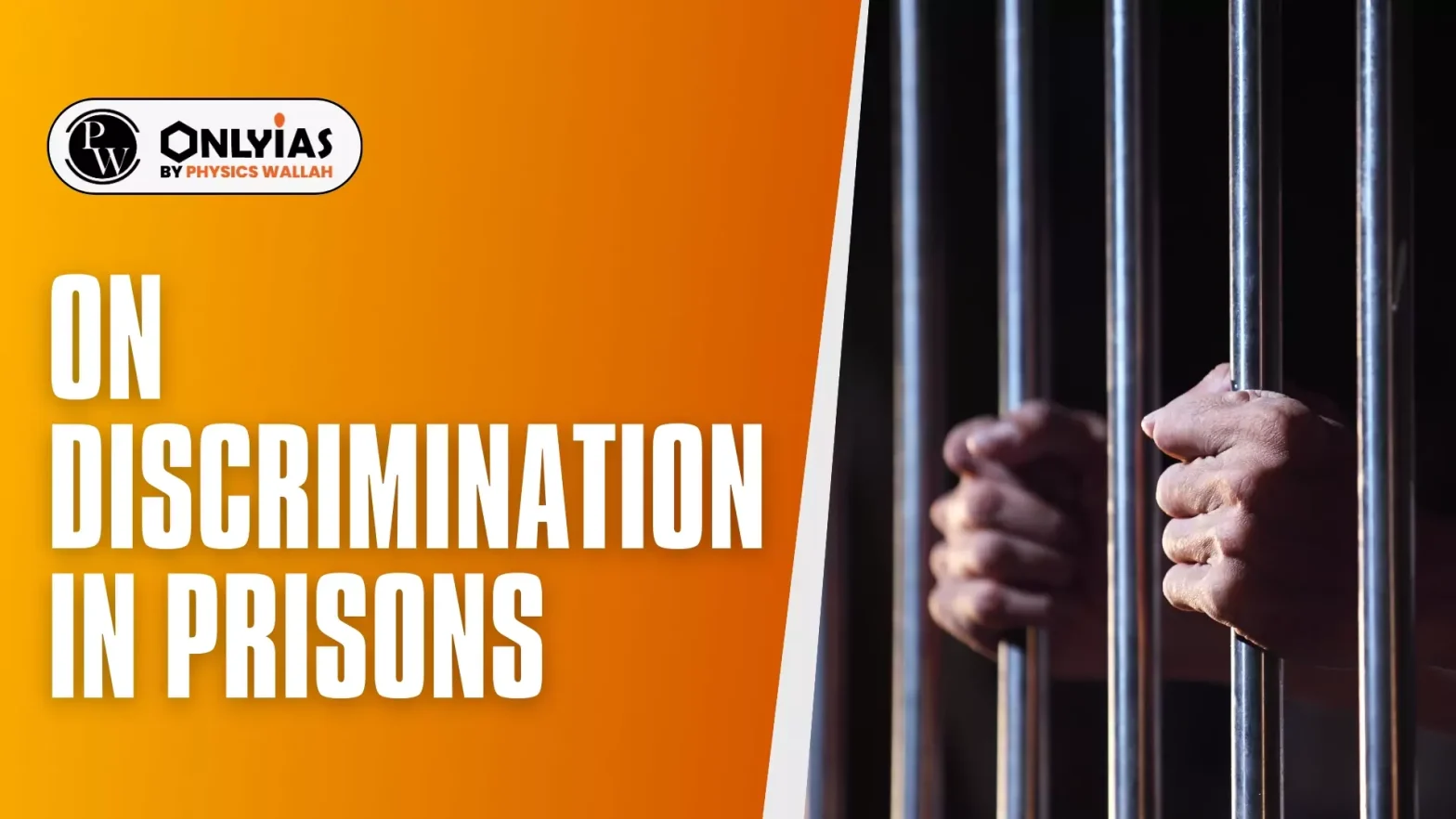The recent Supreme Court ruling prohibiting caste-based discrimination in prisons is a landmark decision that addresses systemic inequalities in the Indian penal system, violating Articles 14, 17, 21, and 23, which uphold fundamental rights and dignity.
Caste-Based Hierarchy in Prison Management
- The Supreme Court addressed the specific rules outlined in the jail manuals of various states.
- It highlighted how caste hierarchy influences inherent bias in prison management:
- Allocation of Duties: Certain prisoners are assigned menial tasks based on their caste (e.g., cooking duties given to upper-caste individuals and scavenging assigned to lower-caste individuals).
- Violation of Constitutional Principles: The ruling highlighted how caste-based practices in prisons violate fundamental constitutional principles, including:
- Right to Dignity: Work assignments based on caste diminish prisoners’ dignity.
- Forced Labour: Mandating tasks like manual scavenging contravenes the prohibition against forced labour.
- Classification of Prisoners: The British labelled certain tribes as criminals before independence, and this practice persisted afterward, with some groups even now being designated as ‘habitual offenders,‘ further entrenching negative stereotypes.
Enroll now for UPSC Online Classes
Supreme Court Ruling
- Unconstitutionality of Caste-Based Rules: The Supreme Court has ruled that caste-based rules in prison manuals are unconstitutional, affirming that labour assignments should not be based on caste.
- Mandate for Revision of Prison Regulations: The Court directed state governments to revise prison regulations within three months to eliminate caste discrimination. This requires a reevaluation of practices to ensure that the rights and dignity of all inmates are respected within the prison system.
- Critique of “Habitual Offender” Definitions: The Court criticised vague definitions of “habitual offenders,” which unfairly label entire communities as criminal.
Conclusion
The Supreme Court’s landmark ruling against caste-based discrimination in prisons marks a pivotal step towards ensuring justice and equality within the Indian penal system. By declaring caste-based rules unconstitutional and mandating revisions to prison regulations, the Court aims to uphold the dignity and rights of all inmates, dismantling systemic discrimination.
![]() 5 Oct 2024
5 Oct 2024

